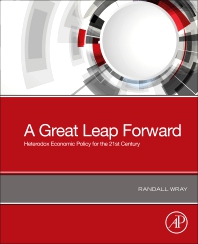
Publications
Organizational Learning and International Competition
The Skill-Base Hypothesis
Over the last three decades, despite economic growth, the United States has experienced both increasing relative inequality and an absolute decline of real wages. Explanations sometimes offered for this inability to achieve sustainable prosperity are a weakening of innovative ability (a result of reduced expenditures on training, education, and research) and international competition from low-wage countries (forcing down wages). Research Associate William H. Lazonick, of the University of Massachusetts Lowell and INSEAD, champions a third explanation: the skill-base hypothesis.
The skill-base hypothesis defines two strategies of human resource investment: a broad and deep skill base uses skilled work by many people, at different levels of the organizational hierarchy, and across organizational functions; a narrow and concentrated skill base uses skilled work by a small and elite portion of the labor force. According to the hypothesis, changes in technology and international competition have been important factors relating to level of sustained prosperity, but not for the reasons usually given. Lazonick observes that US firms are still innovative, but tend to invest in technologies that require a narrow and concentrated skill base. International competition has been important, not primarily because foreign wages are lower, but because other high-wage nations, such as Japan, have chosen superior corporate strategies. Lazonick uses a case study of the automobile industry in the United States and Japan to demonstrate that investment in technologies that rely on a broad and deep skill base will lead to more international competitiveness, economic equality, and sustainable prosperity.

